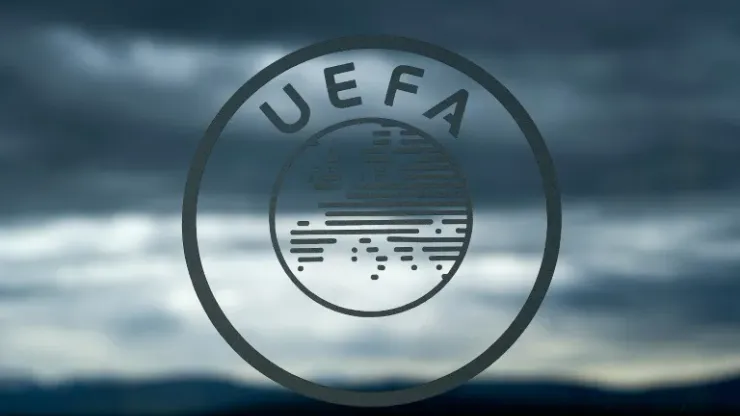Manchester (United Kingdom) (AFP) – Combating match-fixing in football is absolutely crucial for the integrity of the sport, says Emilio Garcia UEFA’s head of disciplinary and integrity matters.
However, he concedes that it is not an easy task with the mafia behind a lot of corruption.
Garcia, who was speaking at the SoccerEx Global Football Convention, said it was crucial to get local authorities in different countries on board.
“The fight against matchfixing is vital,” he said. “It is not easy because behind this we have the mafia and they are not normal guys.
“We need collaboration from the local authorities and co-operation with the police because that is the main way to tackle the problem.
“We don’t have a problem with betting on football, there are several teams who have betting sponsors on their shirts. It is the illegal betting that we are concerned about and why we look at betting patterns.”
However, Ricardo de Buen, an arbitrator from the Court for Arbitration and Sport (CAS), said there was a quandary in the battle on one of the scourges of the sport as exemplified by Mexico for example.
“It is important that in some cases the state intervenes,” said De Buen, who has worked as an arbitrator at CAS for over 14 years.
“We have seen some ineffective punishments imposed by federations in matchfixing cases.
“However, on the other side of the equation say a case cropped up in Mexico, and I’m not saying it has happened, you cannot prosecute in a criminal way because it is not a criminal offence there,” he added.
Former Swiss international Ramon Vega, who is now a successful figure in asset management and set up his own company, said he had experienced a few examples of pressure being put on players to fix matches in his time in Italy.
“Yes I experienced this or noticed this when I was playing in Italy,” he said referring to the year he spent with Cagliari from 1996-97.
The 46-year-old believes that just as in the financial services industry there should be more co-operation between those who oversee the industry and national law forces.
“It is what happens in the world I work in now and it should be the same for football, that there is total co-operation and sharing of information between the two.”
Garcia for his part acknowledges that some countries law officers don’t see battling matchfixing as a top priority, no matter if they have good intentions in tackling it.
“We do need this co-operation from local authorities otherwise it is very difficult to obtain information,” said Garcia.
“In 2014 we signed a Memo of Understanding with Europol which is a good step.
“However, in some countries you go to it can be quite difficult because they have far more serious social problems than just matchfixing.
“They will give you a sympathetic hearing but say well we have prostitution, street crime to deal with and matchfixing is not a crime.
“We (UEFA) are doing our best and the battle will continue.”
200+ Channels With Sports & News
- Starting price: $33/mo. for fubo Latino Package
- Watch Premier League, Women’s World Cup, Euro 2024 & Gold Cup
The New Home of MLS
- Price: $14.99/mo. for MLS Season Pass
- Watch every MLS game including playoffs & Leagues Cup
Many Sports & ESPN Originals
- Price: $10.99/mo. (or get ESPN+, Hulu & Disney+ for $14.99/mo.)
- Features Bundesliga, LaLiga, Championship, & FA Cup
2,000+ soccer games per year
- Price: $5.99/mo
- Features Champions League, Serie A, Europa League & Brasileirāo
175 Premier League Games & PL TV
- Starting price: $5.99/mo. for Peacock Premium
- Watch 175 exclusive EPL games per season






